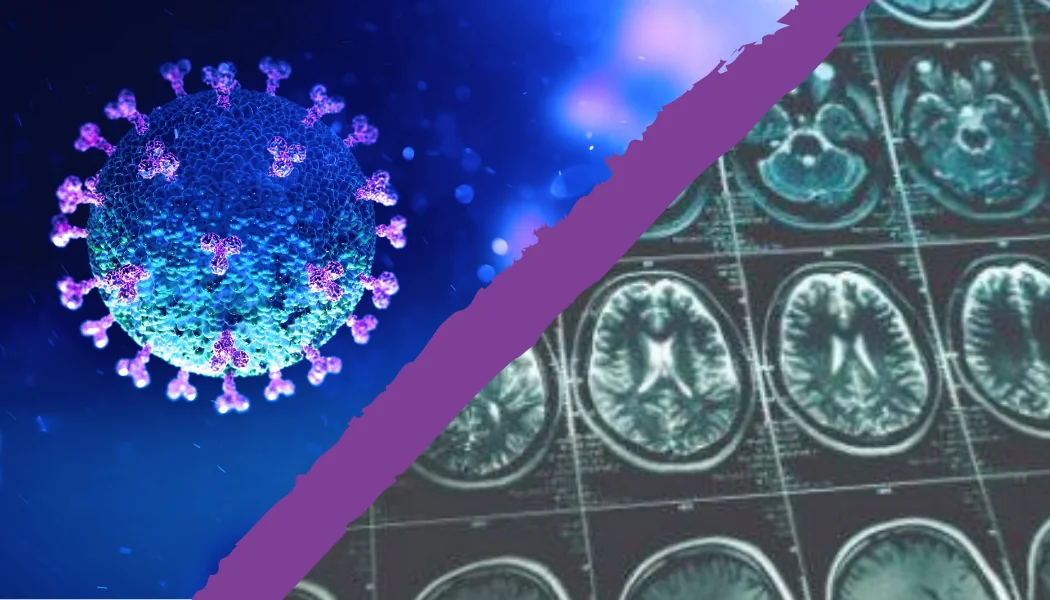Deadly Decisions: COVID-19 or CANCER?
Another deadly effect of the COVID-19 pandemic has recently been uncovered—significantly delayed cancer screenings. A recent study found that more than a third of Americans have missed life-saving cancer screenings because of the coronavirus.
The reason? Americans have been too afraid to visit their doctor’s offices, making the decision to delay crucial preventative care. And the results are potentially deadly.
The National Cancer Institute (NCI) has already stated that the COVID-19 pandemic will lead to an additional 10,000 deaths from breast and colorectal cancer over the next decade. Although that’s only a 1% increase, NCI Director Ned Sharpless, M.D said that that number was “very conservative and likely to grow if we continue to postpone screening treatments and other cancer care.”
Even though at this point COVID-19 precautions have been for the most part well implemented in healthcare facilities, many individuals have still not made the move to schedule or reschedule their health screenings.
The real problem lies in the fact that for many people, the fear of death from coronavirus outweighs the fear of death from cancer. But in reality, from what we know, the statistics indicate that cancer is still significantly more deadly than COVID-19. More than 600,000 Americans die from cancer each year, compared to approximately 150,000 deaths from the coronavirus so far in the United States.
Dr. Therese Bevers, Medical Director of the University of Texas MD Anderson Cancer Center, puts this into perspective by stating that, “people should understand that they are more likely to die from cancer that has progressed as they sit at home to prevent COVID-19 … than they are to die from COVID-19”.
Now that’s not to say that COVID-19 shouldn’t be taken as a serious threat—it should, because it is. But, it doesn’t eliminate the threat of cancer and therefore the critical importance of cancer screenings, especially for those with a personal or family history of cancer.
An important fact to remember is that when detected early, many cancers can be successfully treated—breast cancer being a great example. Localized, early stage breast cancer has an astonishing survival rate of 99%, with treatment. There’s no question that early detection of cancer saves lives—and cancer screenings are a proven method of critical early detection for certain cancer types.
So, if you’re one of the individuals who have delayed or cancelled your health screening, now is the time to take action. Given the facts, the rewards outweigh the risks. If you take the necessary precautions, seeking preventative healthcare is not only possible, but highly encouraged during this time.
Epidemiologists from Drexel and Temple Universities, have provided these helpful questions that you should ask prior to a visit with your physician:
- Do the staff and patients wear masks at all times?
- Do the staff have enough masks and protective equipment?
- Will there be a limit on how many people can be in a waiting room?
- Are the staff being tested for COVID-19?
- How often are staff cleaning the waiting rooms and offices?
- If you don’t drive, can you take public transit while keeping your distance from other people and washing your hands before and afterward?
If you’re not sure whether or not you should be screened, consult with your doctor or review cancer screening guidelines from the National Foundation for Cancer Research (NFCR) found in our FREE Cancer Prevention & Early Detection Kit.
Remember, you should continue to abide by the safety recommendations of the Centers for Disease Control and Prevention (CDC) and mandates of your state and local government, in place to better protect you from contracting the coronavirus, COVID-19.
A world without cancer is possible. Help us turn lab breakthroughs into life-saving realities.

5.7 Million+
Donors who have fueled NFCR’s mission

$420 Million+
Invested in high-impact research & programs

36+ Labs & Hundreds of
Nobel Laureates & Key Scientists received NFCR funding, driving breakthrough research













